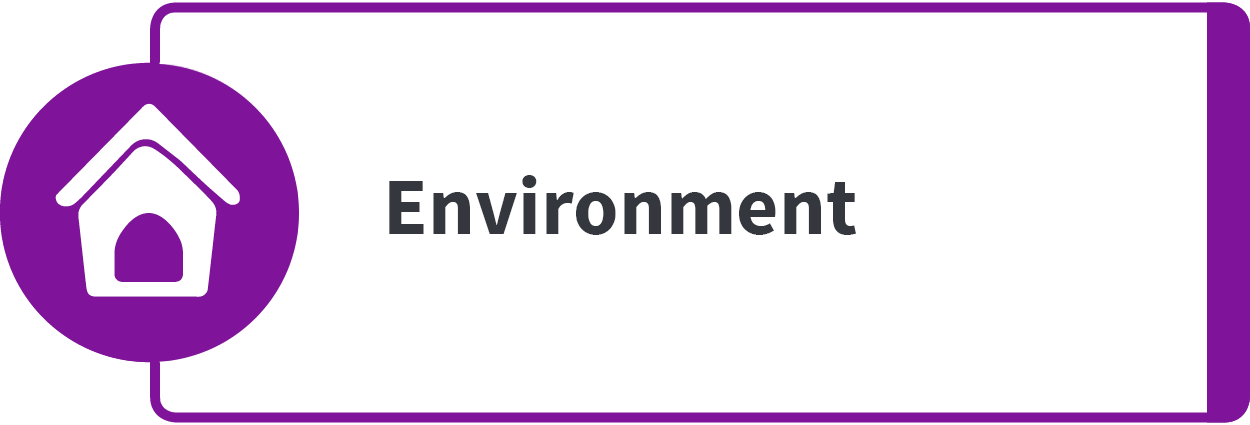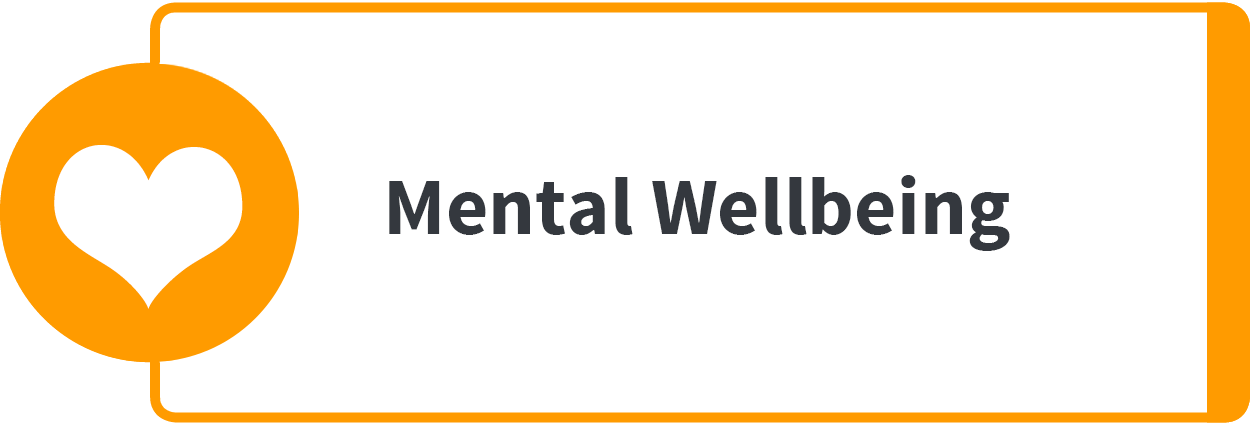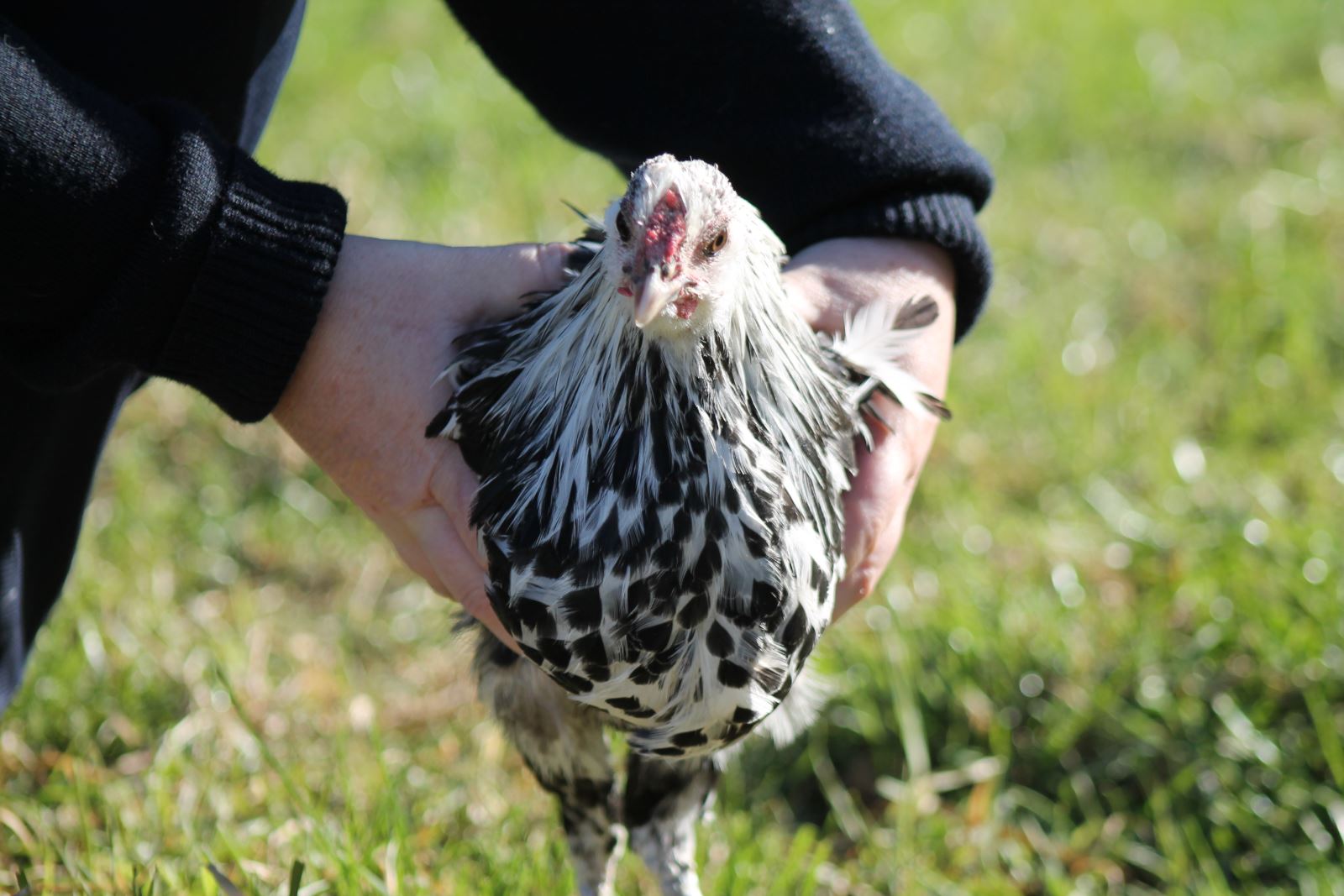 Ask your parent or caregiver to help you check your chickens for signs of illness or injury every day. The best time to observe this is when you put food out for your chickens, as you can watch how they move and feed.
Ask your parent or caregiver to help you check your chickens for signs of illness or injury every day. The best time to observe this is when you put food out for your chickens, as you can watch how they move and feed.
Make sure this is done by someone else if you are away. Consult your vet immediately if you suspect your chicken is in pain, ill or injured.
Eyes, ears and nostrils
These should be clear, clean and bright looking with no discharge (gunky liquid). A chicken’s ears can be hidden underneath their feathers. The best way to find them is to look directly behind their eyes on each side of their head.
If your chicken is shaking their head a lot and scratching around their ears, this could be a sign of ear mites. You will need to take your chicken to see their veterinarian.
Feathers
- Your chicken’s feathers should be sleek, shiny and smooth.
- Frayed, or dull feathers, discoloration or itching can be signs of illness, and should be checked by your vet.
- A sick chicken will often stop preening (cleaning themselves) so they may look ‘dirty’ or dull.
- Mites or lice can be common in chickens, so check your chicken’s body and living areas regularly (e.g. perches, nests).
- Red mites are usually surrounded by a grey ashy dust in your chickens’ environment.
- Scaly leg mites cause your chickens’ legs to become thick and crusty
- Lice are very small, brown and fast moving. Check your chickens’ vent (bottom) and under its wings for lice.
- If your chicken is actively pulling out their feathers, you should contact your vet as soon as possible.
Bottom
Your chickens’ poo can tell you a lot about their health! Find out what normal droppings look like for each of your chickens and show an adult if you ever notice them looking different.
- Keep an eye out for small worms (like spaghetti) in your chicken’s droppings, as these can be making your chicken sick.
- Occasionally, certain foods (such as beetroot or carrot) can change the colour of your chicken’s droppings, so try and remember what food they ate that day.
- If your chicken is doing less (or more) droppings than normal, you may need to contact a vet.
- Look underneath your chickens to check that no droppings are sticking to their feathers. Droppings underneath a chicken can be a sign of sickness as they show that your chicken does not want to move around.
Beak
Check that your chickens are having no difficulty eating. If any of your chickens are having difficulty eating, they can become underweight and ill very quickly.
Claws and feet
Bumblefoot is a common foot problem in chickens where a wound or cut in the foot becomes infected. Check your chickens’ feet daily and contact a vet if you believe your chicken may have bumblefoot. Symptoms include cuts, wounds or ulcers on the feet, or limping.
Keep an eye on your chickens’ claws, as these can become overgrown if they are not able to wear them down on hard surfaces. Your vet will be able to show your family how to trim them if they are becoming too long.
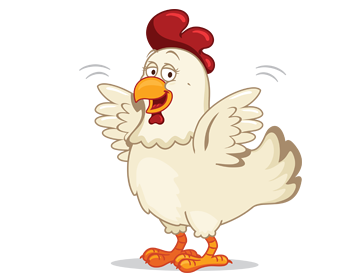

















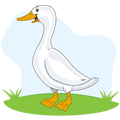

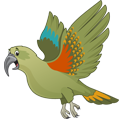

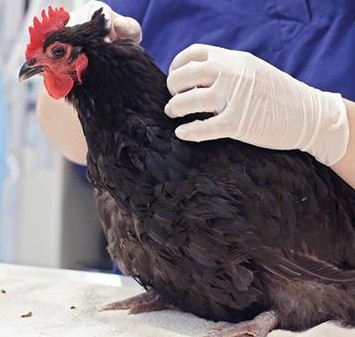
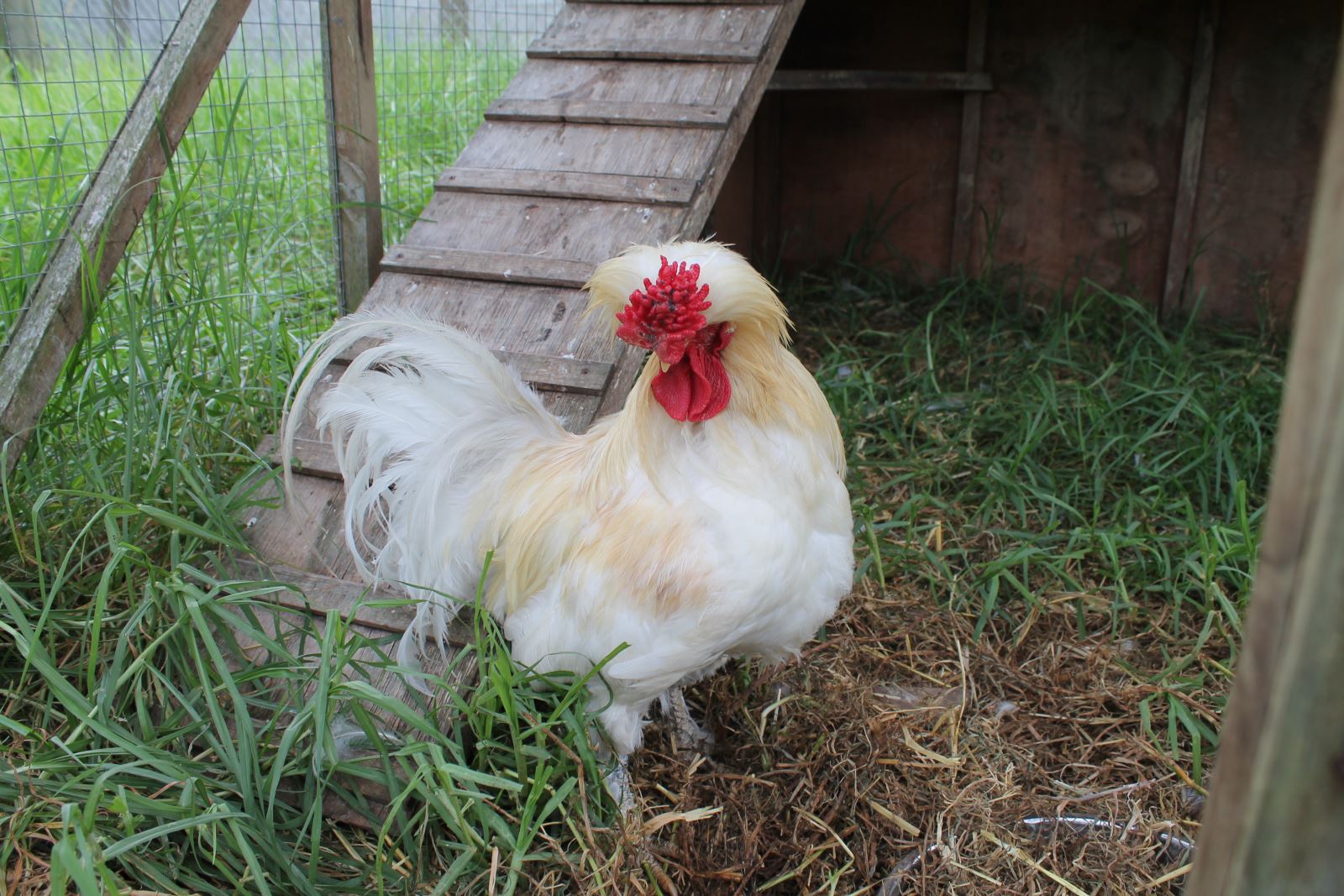
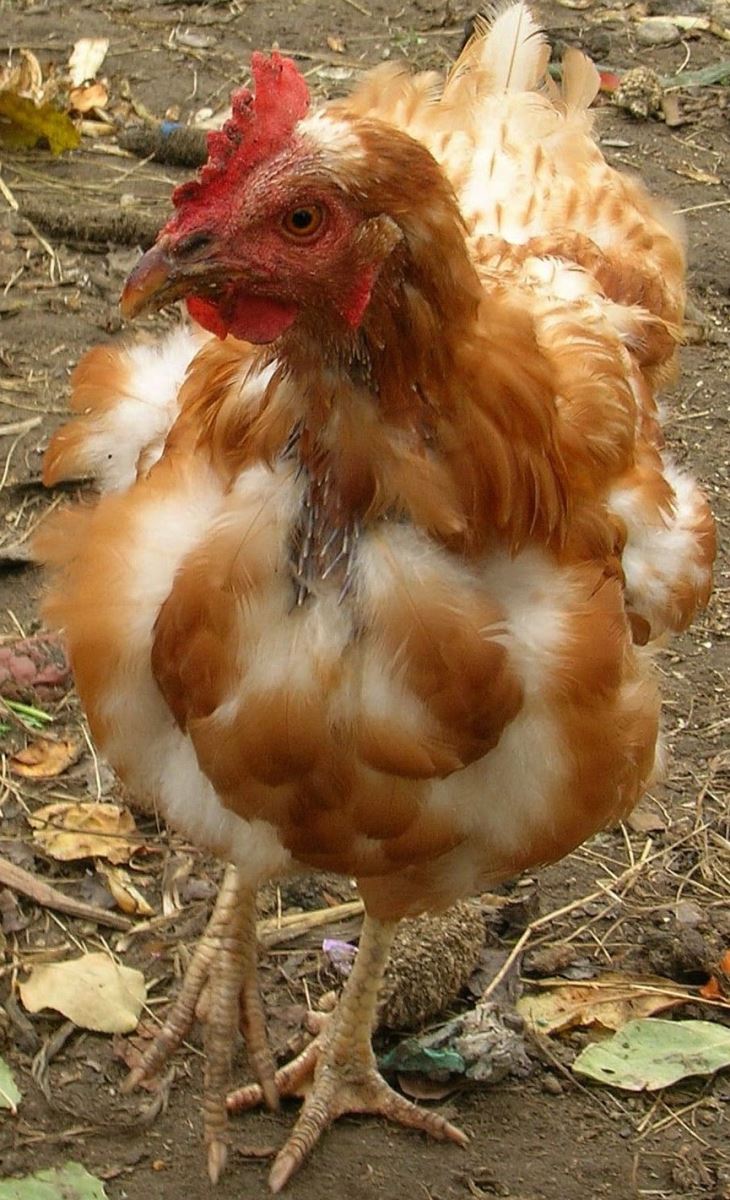

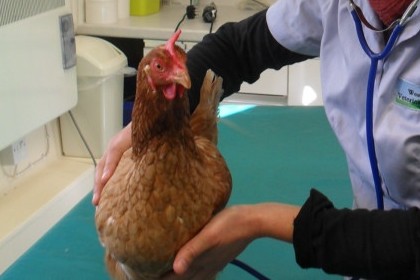
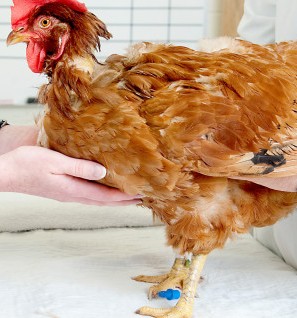
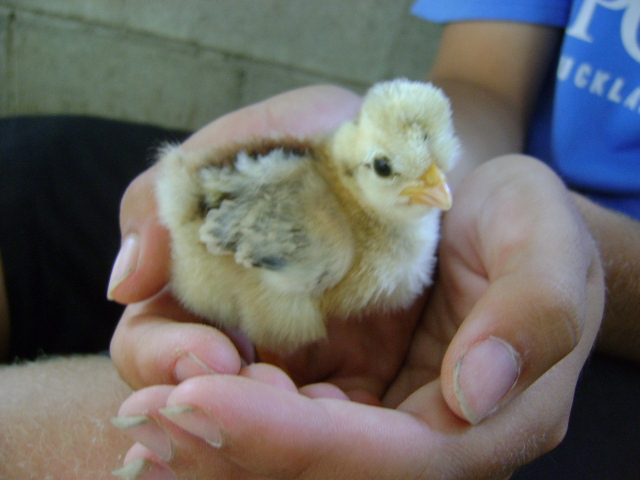
.JPG)



